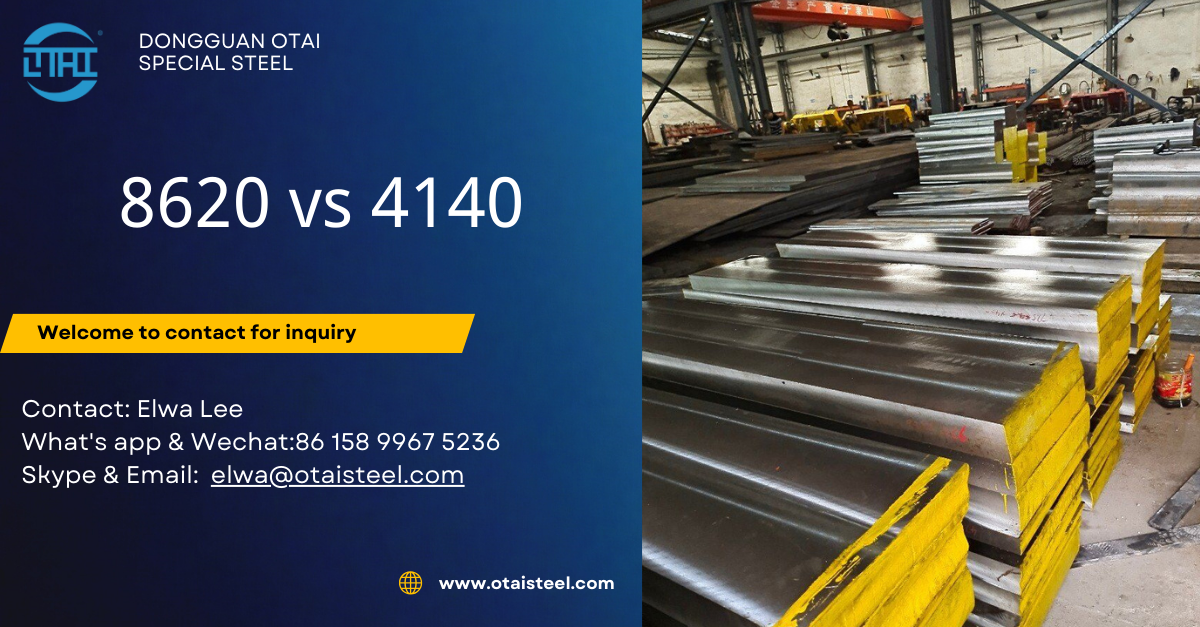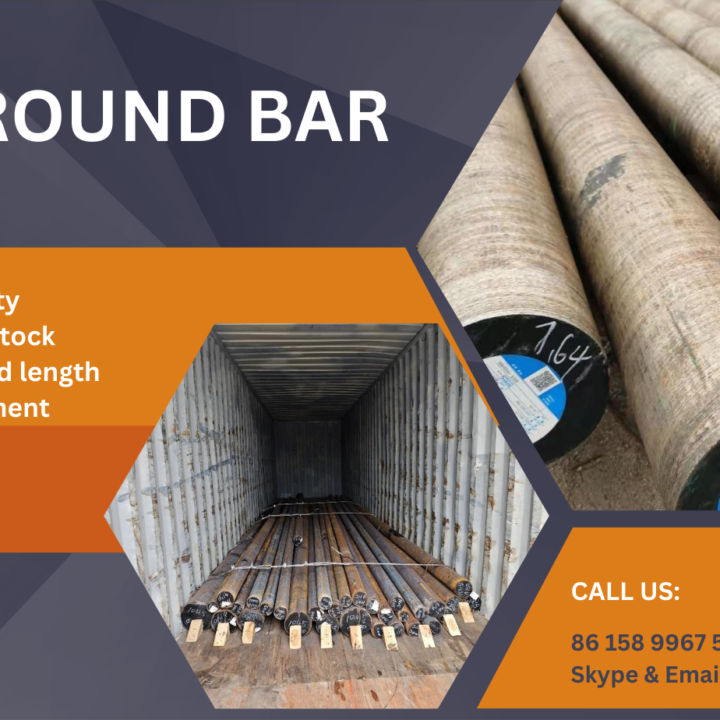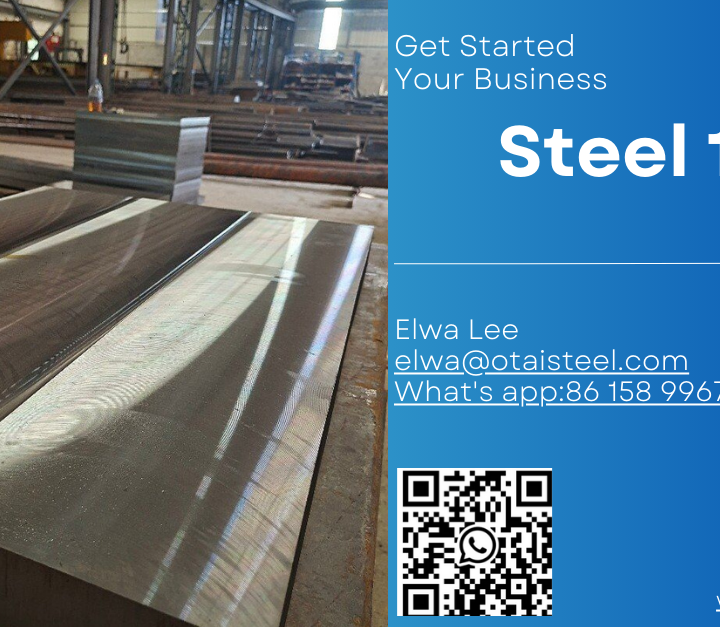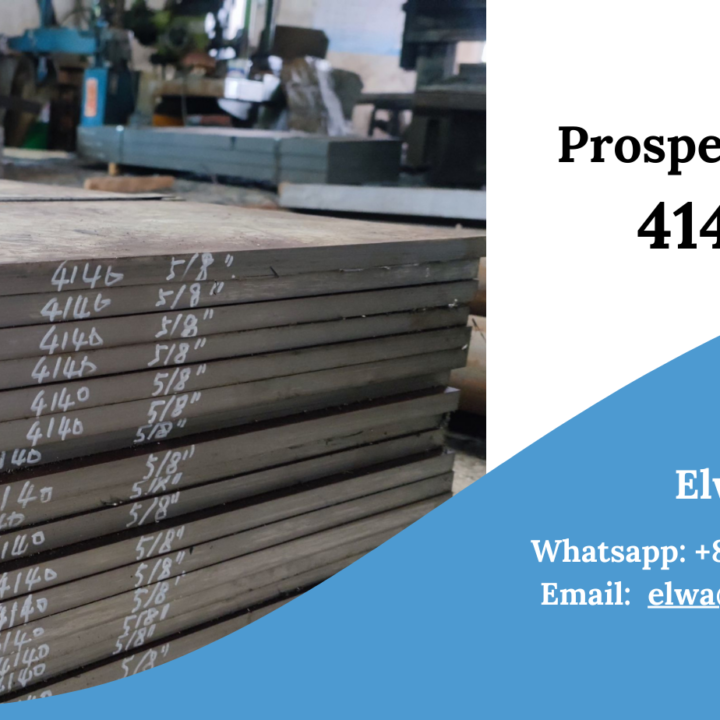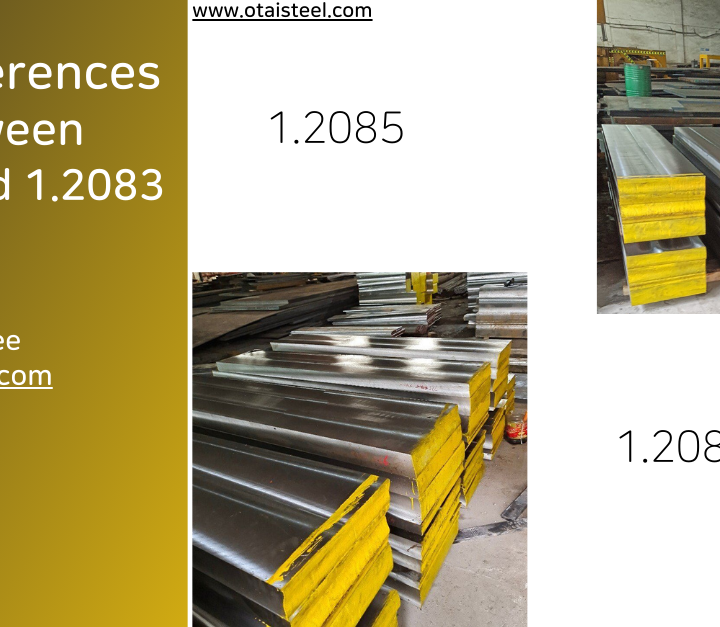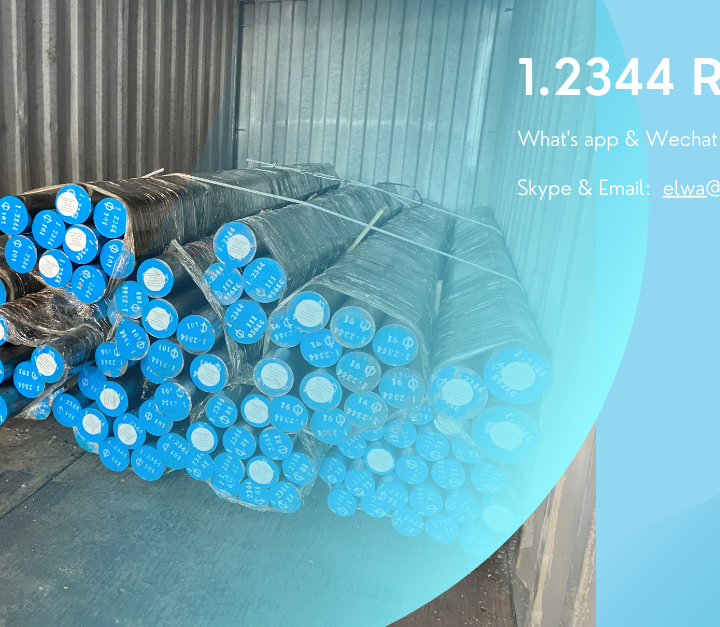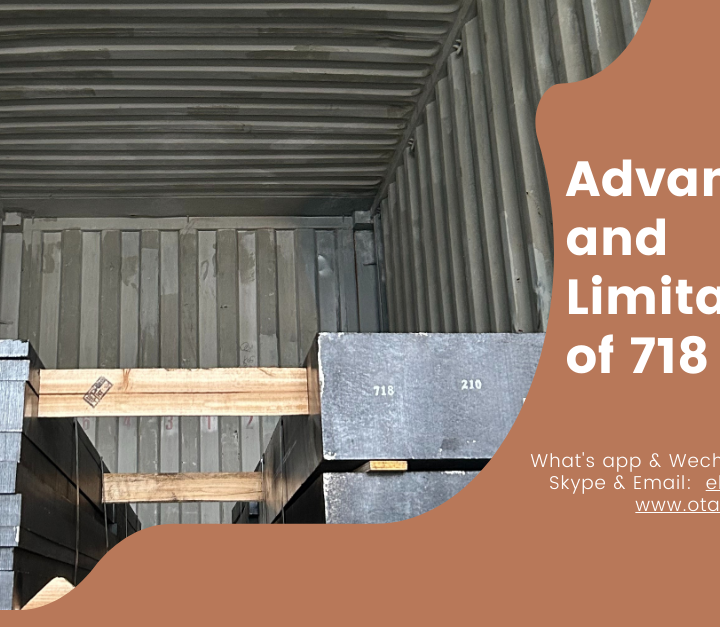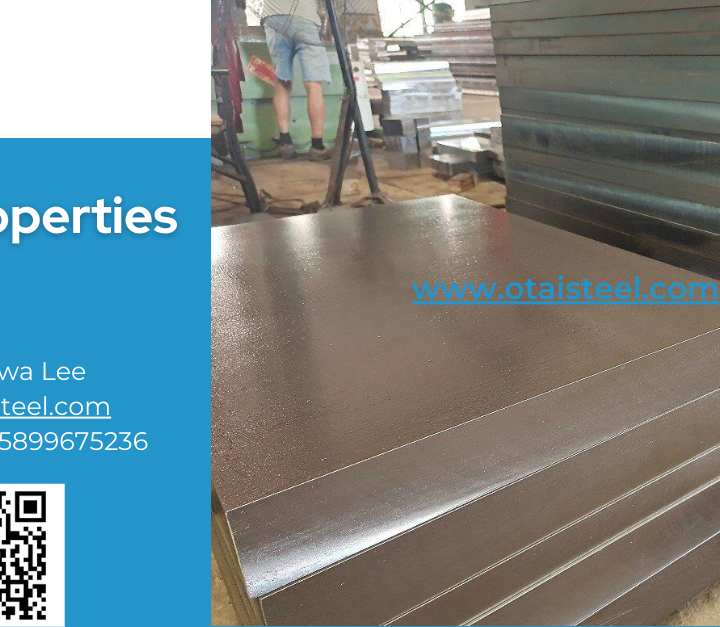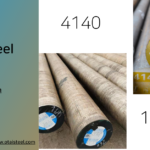In the world of steel materials, the choices are vast, and each type of steel serves a specific purpose. Among these, 8620 and 4140 steel are two popular options that often leave professionals and enthusiasts pondering over which one to use. In this article, we will delve into the advantages, and disadvantages of 8620 and 4140 steel, ultimately helping you make an informed choice.
Understanding 8620 Steel
8620 steel is a low alloy steel, primarily composed of nickel, chromium, and molybdenum. This composition gives it excellent hardenability and exceptional toughness. It is often used in applications where high strength and good impact resistance are required.
Chemical Composition: 8620 steel is alloyed with approximately 0.2-0.5% carbon, 0.4-0.7% manganese, 0.4-0.7% chromium, and 0.15-0.25% molybdenum.
Strength: 8620 steel offers good tensile strength, making it suitable for parts that require load-bearing capabilities.
Case Hardening: Its ability to be case hardened makes it ideal for applications that need a tough, wear-resistant surface.
Weldability: 8620 steel is readily weldable, making it a popular choice in the manufacturing industry.
Understanding 4140 Steel
On the other hand, 4140 steel is a versatile alloy known for its excellent strength and toughness. It contains higher carbon content than 8620 steel, offering superior hardenability.
Chemical Composition: 4140 steel contains around 0.38-0.43% carbon, 0.75-1.00% manganese, 0.8-1.1% chromium, and 0.15-0.25% molybdenum.
Strength: 4140 steel boasts exceptional tensile strength and is often used in applications requiring high resistance to wear.
Hardenability: Its superior hardenability makes it suitable for parts that need to be heat-treated for added strength.
Machinability: 4140 steel is known for its good machinability, making it a preferred choice in various industries.
Comparing 8620 and 4140 Steel
To make an informed choice between 8620 and 4140 steel, it’s crucial to understand their differences and where they excel.
Strength and Toughness:
4140 steel has higher tensile strength than 8620 steel, which makes it better suited for applications requiring superior strength.
Hardenability:
Both steels can be heat-treated, but 4140 steel responds better to heat treatment, providing more options for customization.
Case Hardening:
8620 steel is often chosen for its case-hardening ability, which gives it an edge in applications requiring a tough surface.
Machinability:
4140 steel is easier to machine, making it a preferred choice for components that require precise shaping and finishing.
Weldability:
8620 steel is more readily weldable, making it a better choice for applications that involve welding.
Cost:
The cost of 8620 and 4140 steel can vary, with 8620 being more affordable in some cases.
Choosing the Right Steel for Your Application
The choice between 8620 and 4140 steel ultimately depends on your specific application’s requirements. If you need a material with high tensile strength and good wear resistance, 4140 steel might be the better choice. On the other hand, if you require a tough surface and excellent weldability, 8620 steel could be the way to go.
Frequently Asked Questions (FAQs)
- What are the primary differences between 8620 and 4140 steel?
The key differences lie in their strength, hardenability, machinability, and cost. 4140 steel offers higher strength and better response to heat treatment, while 8620 steel excels in case hardening and weldability. - Can 8620 and 4140 steel be used interchangeably?
It depends on the specific application. While they share some similarities, each steel type has its own strengths and weaknesses, making one more suitable than the other for certain uses. - What are the typical applications of 8620 steel?
8620 steel is often used in applications such as gears, shafts, and components that require a tough, wear-resistant surface. - What are the common applications for 4140 steel?
4140 steel is preferred for applications that demand high tensile strength, such as axles, crankshafts, and heavy machinery components. - Is cost a significant factor when choosing between these two steels?
Cost can be a deciding factor, but it should be considered alongside other properties and the specific needs of your project. In some cases, 8620 steel might be a more cost-effective option.
